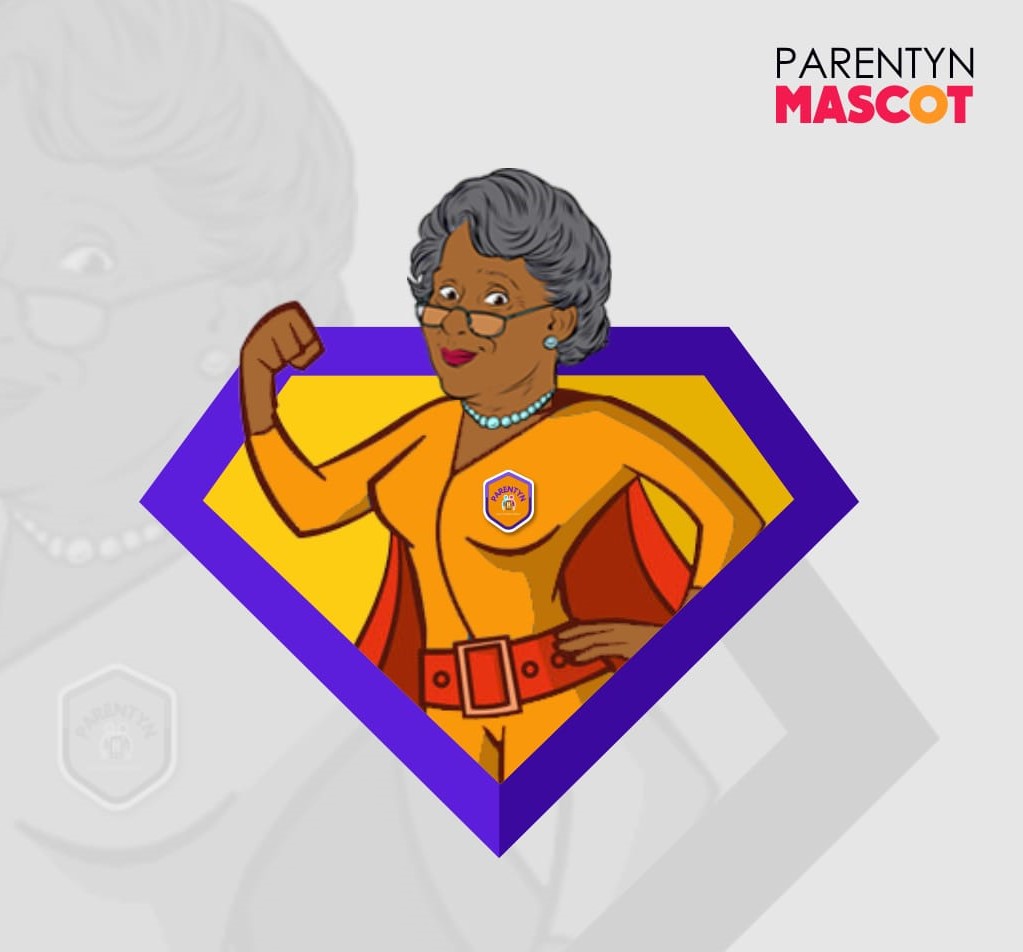
The dictionary definition of values states that it is the ‘PRINCIPLES OR STANDARDS OF BEHAVIOUR; ONE’S JUDGEMENT OF WHAT IS IMPORTANT IN LIFE’. A value system informs the behavioral pattern of living things (a more appropriate reference is parents and their respective wards). In the animal kingdom, we learn that from the time young animals are born they are taught how to survive lest they become bottom of the food chain: eagles teaching their young to fly, young lions learning how to hunt, etc. It is the same for humans, younger ones learn positive (and negative) values from voluntary and involuntary mentors.
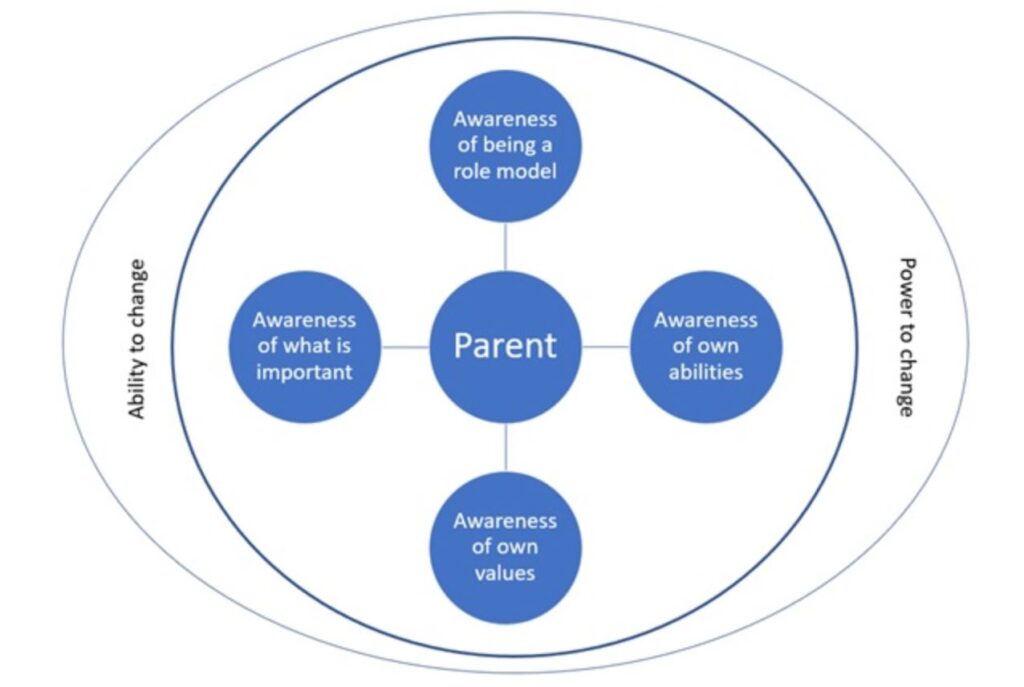
FIG 1: Coaching model for parents {REF: https://coachcampus.com/coach-portfolios/coaching-models/parental-change/}
Over time, generations have had specific ways to instill values in their younger ones. I recollect in my growing years, for example when you go out with your mother, and they offer you something to eat (or drink) you need to look at your mum to seek approval (made in sign language 😉). Looking back, now that I’m a parent myself, I have concluded that such episodes were to instill contentment. It also had an undertone of superstition – some of our parents imbibed the negative apprehension that their wards will be seduced with goodies for kidnapping by strangers and controlling outdoor eating was their own way of discouraging such habits by making sure they ONLY eat at home! Nowadays I wonder what orientation I’m passing down to my kids now that several entities are competing for their attention.
For the record, the age range I’m referring to is between the ages of 9 till 17 years old.
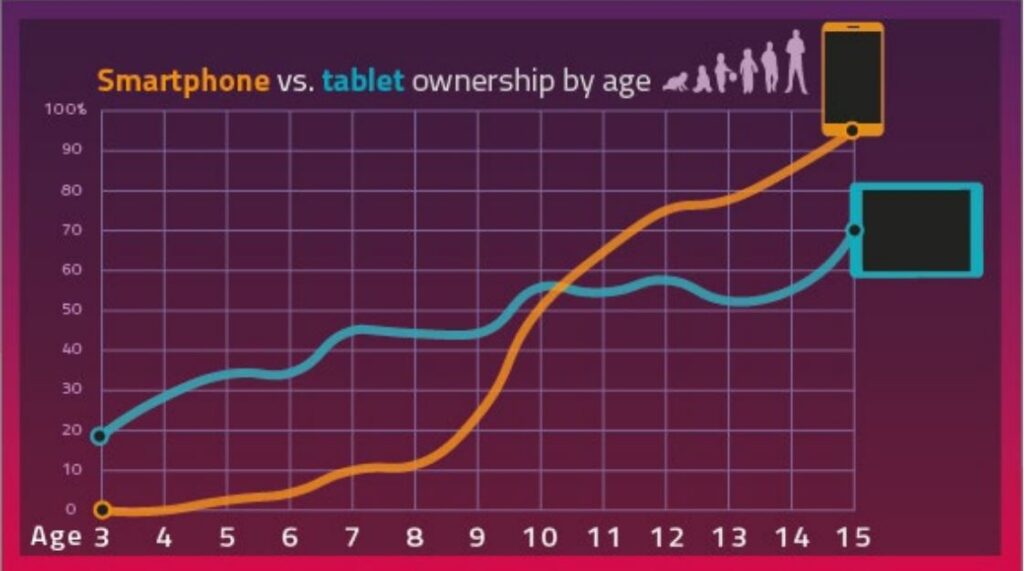
FIG 2: Growth in smartphone use in kids { REF: https://www.ofcom.org.uk/__data/assets/pdf_file/0023/190616/children-media-use-attitudes-2019-report.pdf}
The Internet is a remarkable invention that has made our lives easier but as is with all good products it requires rules. We didn’t get to consider the negative effect of access to the free information till we started witnessing diluted values in our minors ‘NAIVE MINDS’. Back in the day, information that was made freely accessible is put to a myriad of tests to ensure its validity irrespective of time or place. Take, for instance, the Pythagoras theorem – before it was published the society of mathematicians, as is custom, contested its validity till it was unanimously agreed. Although the Internet has several tried and tested information, it also gives an opportunity for free thinkers to share individual opinions that need not be undiluted truth. This is a risk for naïve minds. For instance, I draw parallels with the need for wards to seek approval when they want to have virtual meetings with ‘friends’ as similar to when the same wards seek permission to step out of the house. I believe the reason for the request is primarily for protection (bodily and intellectually) so that parents are aware of the interaction the ward is having. So, if it is required to acquire permission for physical interaction, I dare say it is equally relevant for virtual interaction.
There is already a natural capacity inherent (what we term as mother’s instinct) within us when it comes to our ward’s protection. This intuition makes us develop mechanisms of monitoring our ward’s every facet, including broadband communication exposure. Research results have shown different methods parents go to ensure censorship of Internet information for their wards.
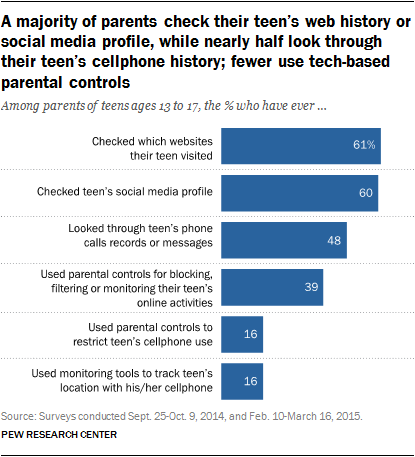
FIG 3: Survey results amongst parents of teens {REF: https://www.pewresearch.org/internet/2016/01/07/parents-teens-and-digital-monitoring/pi_2016-01-07_parents-teens-digital-monitoring_1-01/}
Locally, similar investigations have brought to light more parental practices such as:
- Delaying access to social media and/or owning of ward’s personal phone
- Caveat of ward sharing password of own mobile phone as a condition for a parent buying ward a phone, etc.
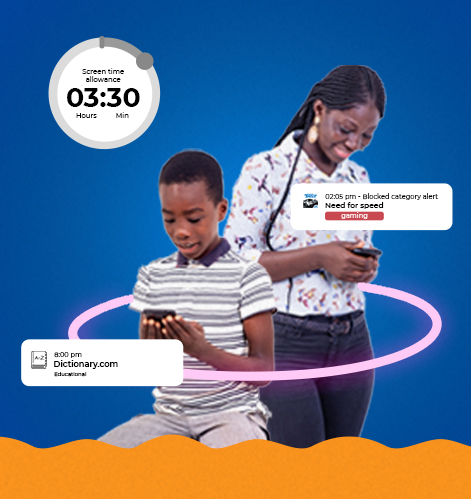
Technology has afforded us the ability to develop a mobile application to cater for our everyday life, as more adoption of mobile phone acquisition is envisaged. From financial services, e-commerce, entertainment, etc. the fusion of mobile phones and the Internet is still fueling solutions to cater to social needs. Parental monitoring is not an exception, several applications that can cater for this need exist in other climes but are limited/impossible to use locally either due to non-integration to local client base or APP jurisdiction. Imagine a solution that is designed with the local market in mind i.e., easy access to payment options, customer service in the local dialect, etc. We have developed one with African parents in mind, watch out for the description in the next edition, bye for now.
PARENTYN TEAM
Currently available for Android Users
OS version 9 and above work well, overall but some brands may display certain restrictions for certain features. Fixes and upgrades will cater to these in the shortest possible time.











